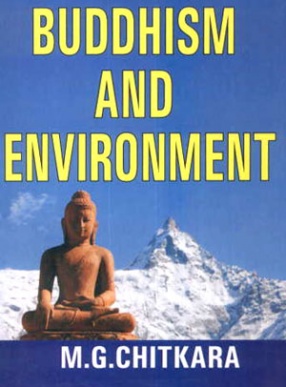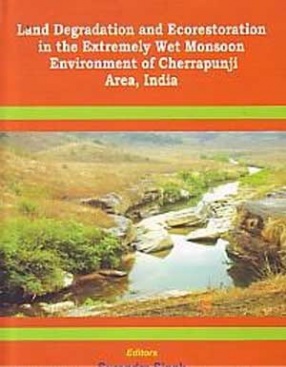Environment in Buddhism takes care of internal as well as external eco systems. Prince Sidhartha of Kapilavastu an Avathar in his own right renounced the world and its comforts. He attained Buddha hood and showed the world that such a state of equanimity and Ananda is attainable by all. He preached ahimsa and compassion as a way of life. Non-violence does not mean the mere absence of violence. It is some thing more positive and more meaningful than that. True expression of nonviolence is compassion. It can be developed and nurtured without following any particular religion. Universal responsibility is the key to human survival. Individuals can make a difference in society. While nature should be preserved protected and nourished, exploitation of natural resources is necessary for the sustenance of the human race. Buddhism believes that the environment ecology and biodiversity are to be experienced. Buddhism believes that the environment ecology and biodiversity are to be experienced. Buddhism has a concept of Man in Nature which perceives land river forest mountain and even the wild animals as his manifestations. The concept of man in nature is in contra distinction to the concept of man versus nature as if the nature is for the benefit of man alone and deserves to be exploited to satisfy not only his needs but also his greed. The man in nature leads a contented life whereas the developments and acquisitions give rise to greed.
Buddhism and Environment
In stock
Free & Quick Delivery Worldwide
reviews
Bibliographic information
Title
Buddhism and Environment
Author
Edition
1st ed.
Publisher
ISBN
9788131314470
Length
xiv+156p., Glossary; Bibliography; Appendix; Index; 25cm.
Subjects








There are no reviews yet.